Description
Reese’s Peanut Butter Cups: A Global Delight of Chocolate and Peanut Butter
Reese’s Peanut Butter Cups, a brand synonymous with indulgence and a perfect balance of chocolate and peanut butter, have captured the hearts of millions worldwide. From its humble beginnings in the United States to becoming a global snack phenomenon, Reese’s has proven that classic flavors can transcend borders. This article explores the specifications, benefits, and worldwide impact of Reese’s Peanut Butter Cups, offering insights for chocolate lovers, nutrition-conscious consumers, and snack enthusiasts alike.
The History of Reese’s Peanut Butter Cups
Reese’s Peanut Butter Cups were created in 1928 by H.B. Reese, a former dairy employee of Milton S. Hershey, the founder of The Hershey Company. H.B. Reese combined his knowledge of confectionery with his love for peanut butter, creating a snack that would become a cultural icon. Reese’s Peanut Butter Cups were originally sold from a horse-drawn cart in Pennsylvania, but their popularity quickly skyrocketed. Today, the brand is part of The Hershey Company portfolio and is one of the top-selling chocolate products globally.
Key Milestones in Reese’s History
-
1928: H.B. Reese creates the first peanut butter cups.
-
1963: The Hershey Company acquires H.B. Reese Candy Company.
-
1970s-1980s: Reese’s expands its product line, introducing larger cups and seasonal variants.
-
2000s: Reese’s becomes a global brand, entering markets in Europe, Asia, and Latin America.
-
2010s: Innovative flavors and limited-edition releases, such as dark chocolate and white chocolate versions, expand the brand’s appeal.
Specifications of Reese’s Peanut Butter Cups
Reese’s Peanut Butter Cups are not just a snack; they are a product engineered for consistent quality, taste, and enjoyment. Understanding the specifications provides insight into why they are so beloved.
Ingredients
The classic Reese’s Peanut Butter Cup consists of a rich combination of high-quality ingredients:
-
Milk Chocolate: Made from sugar, cocoa butter, chocolate, nonfat milk, milkfat, lactose, and lecithin.
-
Peanut Butter Filling: A creamy blend of roasted peanuts, sugar, hydrogenated vegetable oil, and salt.
Nutritional Information (Per Standard Cup – 21g)
-
Calories: 110 kcal
-
Total Fat: 9 g
-
Saturated Fat: 3 g
-
-
Cholesterol: 0 mg
-
Sodium: 55 mg
-
Total Carbohydrates: 11 g
-
Sugars: 10 g
-
-
Protein: 3 g
Variants and Sizes
Reese’s has diversified its offerings to cater to different preferences:
-
Mini Cups: Bite-sized portions for snacking or sharing.
-
King Size Cups: Larger portions for indulgence.
-
Reese’s Pieces: A crunchy, candy-coated variant.
-
Special Editions: Flavors like dark chocolate, white chocolate, pumpkin spice, and holiday-themed shapes.
Packaging
Reese’s packaging is designed to preserve freshness and enhance brand recognition:
-
Material: Food-safe plastic and foil wrappers.
-
Design: Bright orange wrapper with the iconic Reese’s logo.
-
Sustainability: Hershey has committed to more environmentally friendly packaging solutions.
The Benefits of Reese’s Peanut Butter Cups
While Reese’s Peanut Butter Cups are undeniably a treat, they also offer benefits that make them appealing beyond taste.
1. Nutritional Benefits
Despite being a sweet treat, Reese’s contains nutritional elements derived from its ingredients:
-
Protein: Peanuts provide a moderate protein content, supporting muscle repair and energy levels.
-
Healthy Fats: Peanuts contain unsaturated fats, which are beneficial for heart health in moderation.
-
Energy Boost: The combination of sugar and fat provides a quick energy source, ideal for a mid-day snack.
2. Psychological Benefits
Reese’s Peanut Butter Cups also offer cognitive and emotional advantages:
-
Mood Enhancement: Chocolate contains compounds like phenylethylamine and serotonin boosters that can improve mood.
-
Stress Relief: Enjoying a small treat can reduce stress levels and promote relaxation.
3. Versatility in Culinary Use
Reese’s isn’t just for snacking; it is widely used in cooking and desserts:
-
Baking: Incorporated into brownies, cookies, and cakes.
-
Ice Cream Toppings: Chopped Reese’s enhance flavor and texture.
-
Smoothies and Milkshakes: Blended for a rich peanut butter-chocolate taste.
Global Popularity of Reese’s Peanut Butter Cups
Reese’s success is not limited to the United States. Its unique flavor profile has made it a global sensation.
North America
In the U.S. and Canada, Reese’s is a household name, often topping candy sales charts. Seasonal variations, such as Halloween and Easter editions, drive significant consumer demand.
Europe
Reese’s Peanut Butter Cups are available in the U.K., Germany, and France, with marketing strategies tailored to local tastes. European consumers appreciate the balance of chocolate and peanut butter, a flavor that was initially less common in the region.
Asia-Pacific
Reese’s has expanded into countries like Japan, South Korea, and Australia. Asian markets favor smaller portion sizes and limited-edition flavors that cater to local preferences, such as green tea-infused peanut butter cups in Japan.
Latin America
Reese’s popularity is growing in Mexico, Brazil, and Argentina. Sweet-to-savory flavor profiles, combined with strong branding, have helped the brand penetrate competitive candy markets.
Middle East and Africa
In the Middle East, Reese’s is marketed as a premium snack. Packaging sizes are adjusted for gifting culture, and sales peak during festive seasons.
Marketing Strategies That Drive Global Success
Reese’s global success is not just about taste; it’s also driven by strategic marketing initiatives:
1. Strong Branding
The bright orange packaging and bold logo make Reese’s instantly recognizable. Branding consistency reinforces consumer trust worldwide.
2. Seasonal Promotions
Halloween, Christmas, and Valentine’s Day editions drive sales spikes and create consumer anticipation.
3. Digital Engagement
Reese’s engages consumers through social media campaigns, contests, and interactive content, creating strong brand loyalty.
4. Collaborations
Collaborations with other brands and influencers expand visibility and introduce new flavor combinations.
Health Considerations and Responsible Consumption
While Reese’s Peanut Butter Cups offer several benefits, moderation is key:
-
Calorie Control: Overconsumption can lead to excessive calorie intake.
-
Sugar Awareness: Each cup contains sugar; monitoring intake is essential for those managing blood sugar levels.
-
Allergen Information: Contains peanuts and dairy, important for individuals with allergies.
Fun Facts About Reese’s Peanut Butter Cups
-
Over 1 billion are produced each year.
-
The combination of chocolate and peanut butter is scientifically proven to trigger reward centers in the brain.
-
Reese’s is often used in popular recipes like peanut butter cup pie and cheesecake.
Conclusion
Reese’s Peanut Butter Cups are more than just a candy—they are a symbol of indulgence, innovation, and global appeal. From their origin in Pennsylvania to shelves around the world, Reese’s continues to captivate consumers with its perfect blend of chocolate and peanut butter. With numerous specifications, health-conscious benefits, and worldwide popularity, remain a staple in snack culture and a beloved treat for generations.
By understanding the product’s ingredients, nutritional content, global impact, and versatile uses, consumers can enjoy Reese’s with appreciation for its quality and cultural significance. Whether as a quick snack, a baking ingredient, or a comforting treat, prove that simple ingredients can create an extraordinary experience.

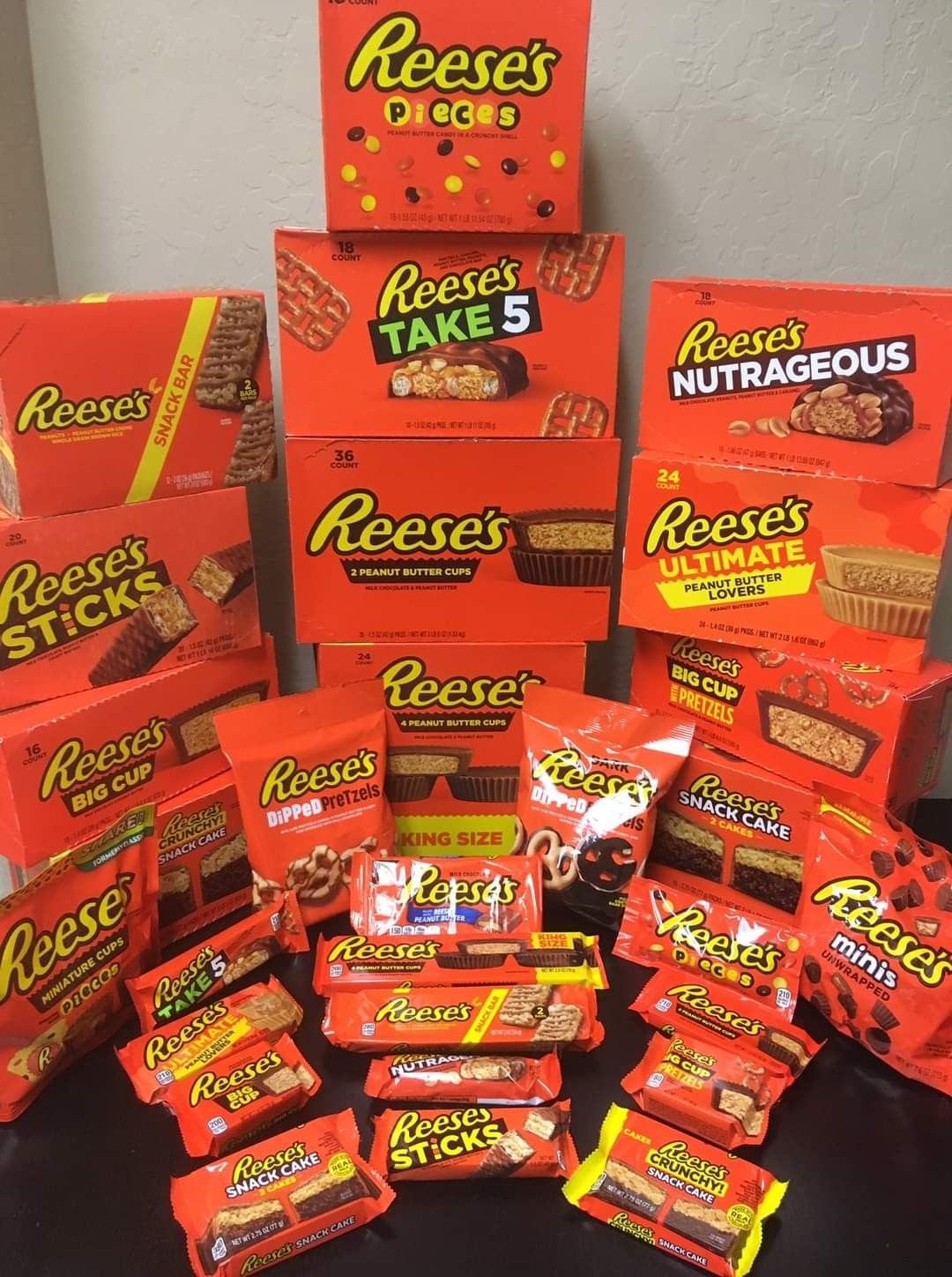
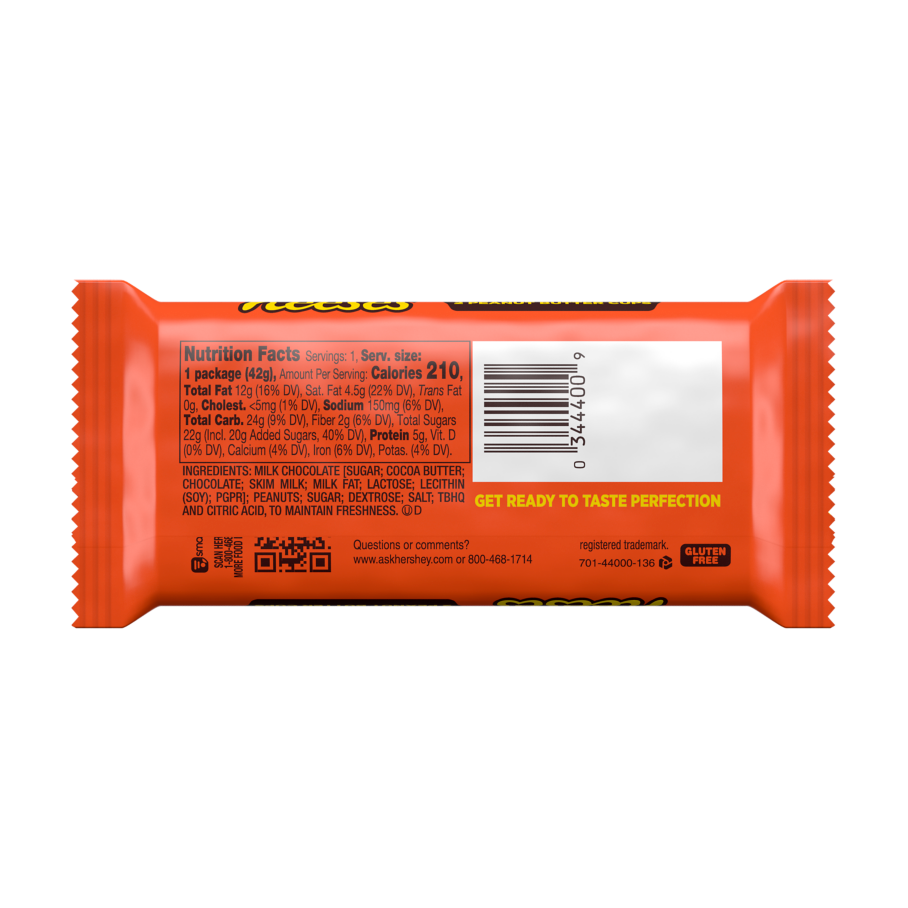
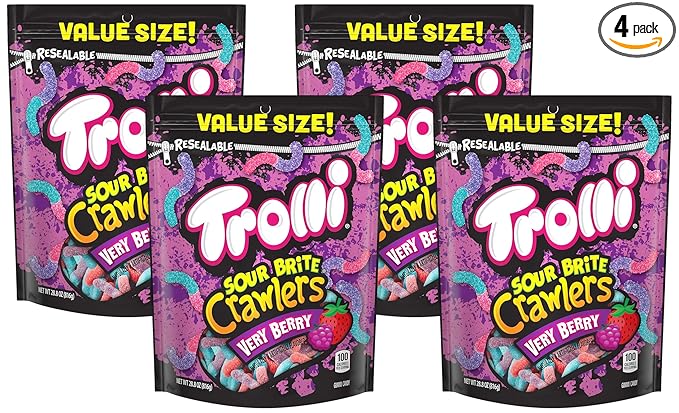
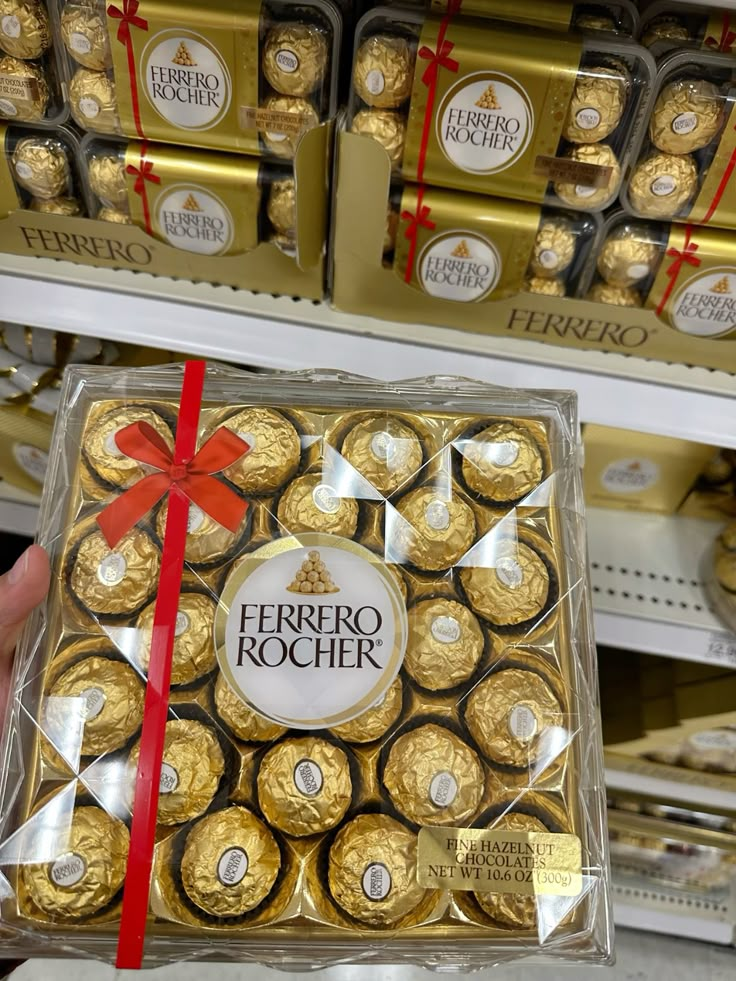
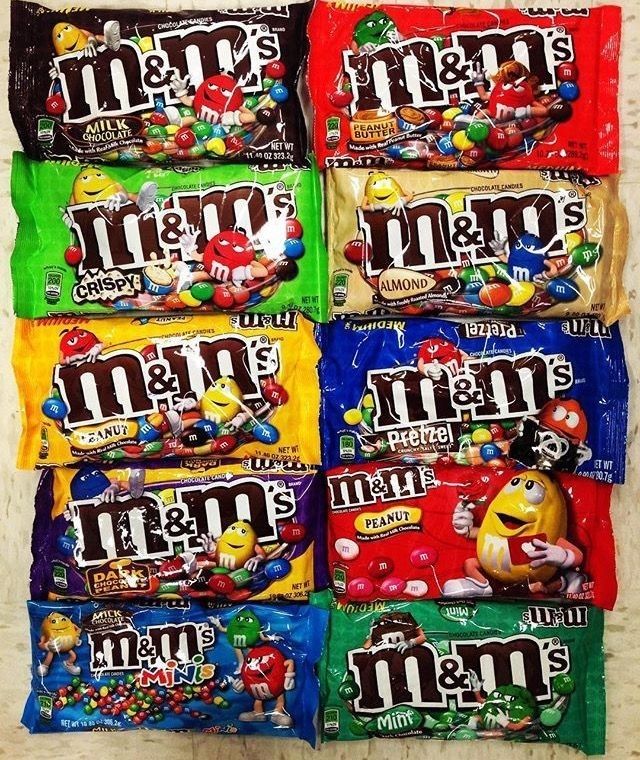
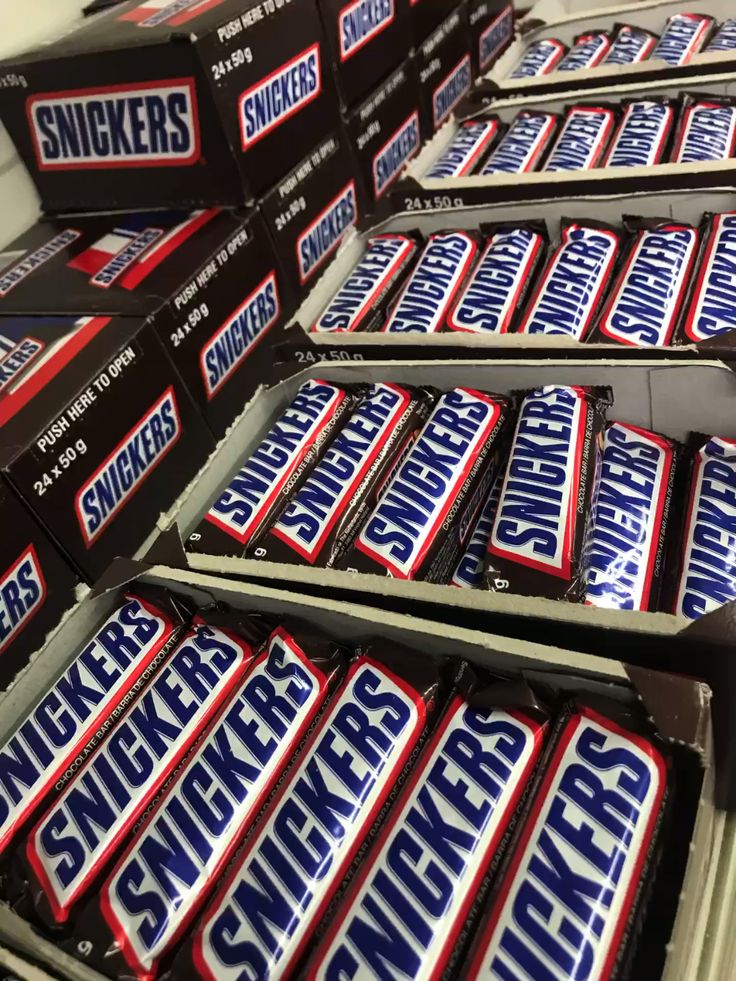
Reviews
There are no reviews yet.